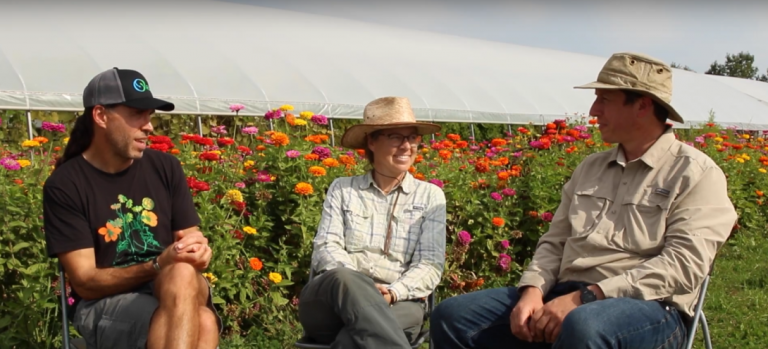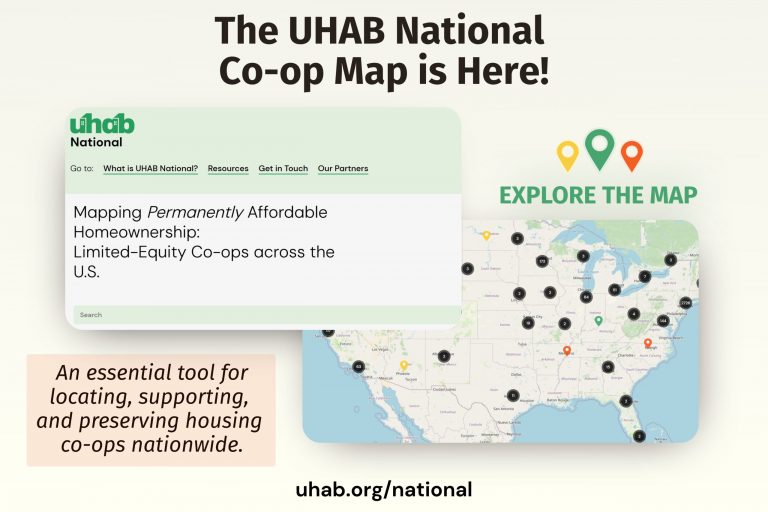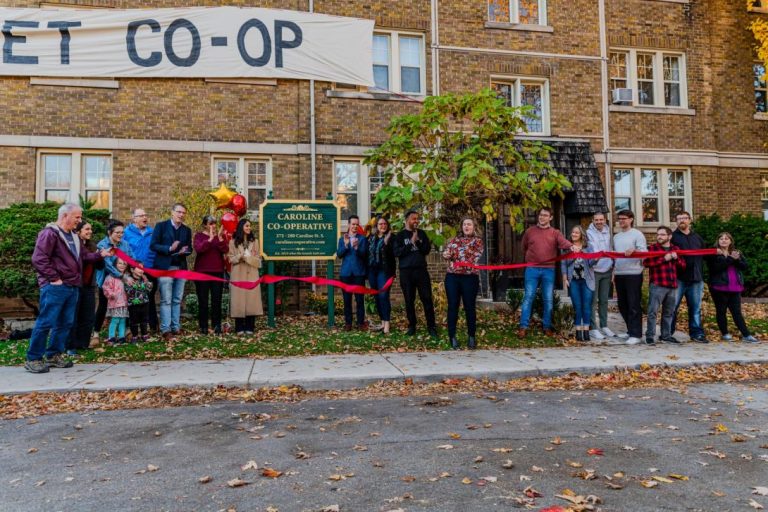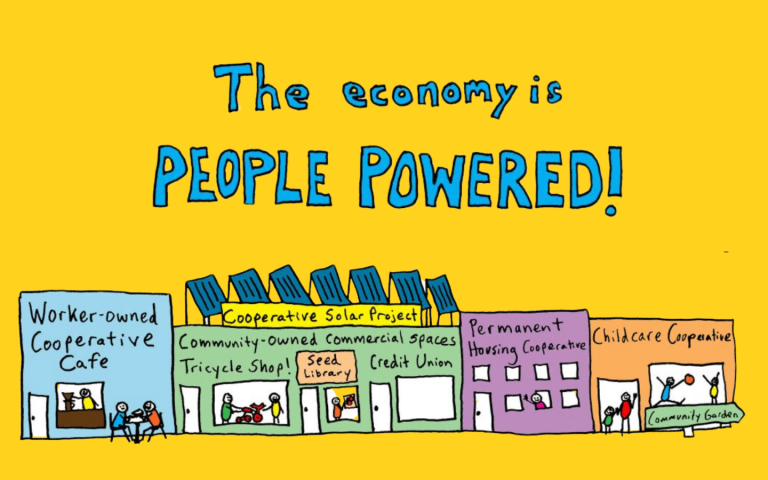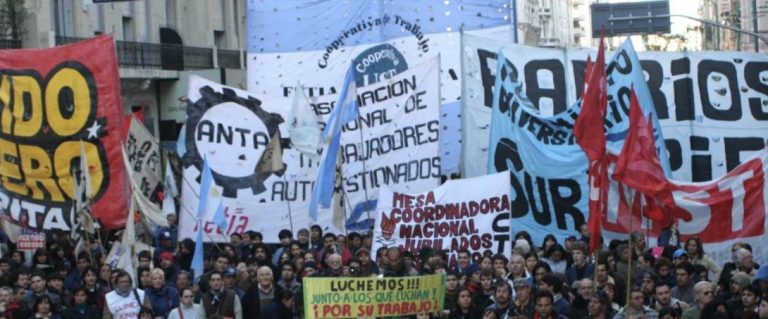Indonesia Red And White Villages Cooperatives
Jakarta, Indonesia – Forget the pastel farmhouses of your grandma’s Pinterest board. Indonesia’s ambitious “Red and White Village Cooperatives” (KDMP) program – named after the nation’s flag – is a surprisingly complex and potentially game-changing initiative aimed at revitalizing rural economies. Officially launching next week with a nationwide rollout, the program’s initial success hinges on a handful of pilot villages, most notably Namang in Bangka Belitung, and it’s already sparking debate about whether it’s a genuine solution or just another government buzzword.


